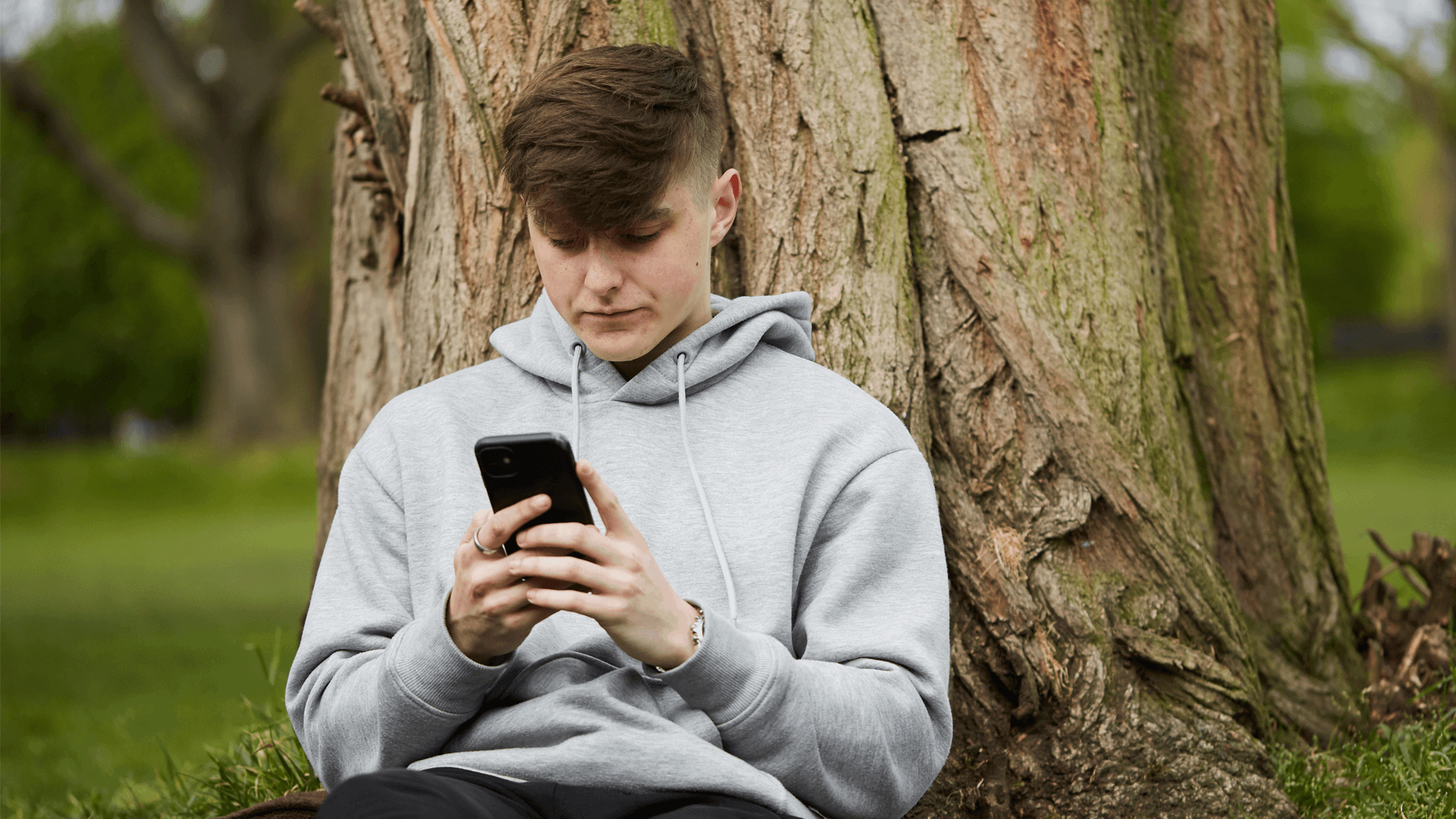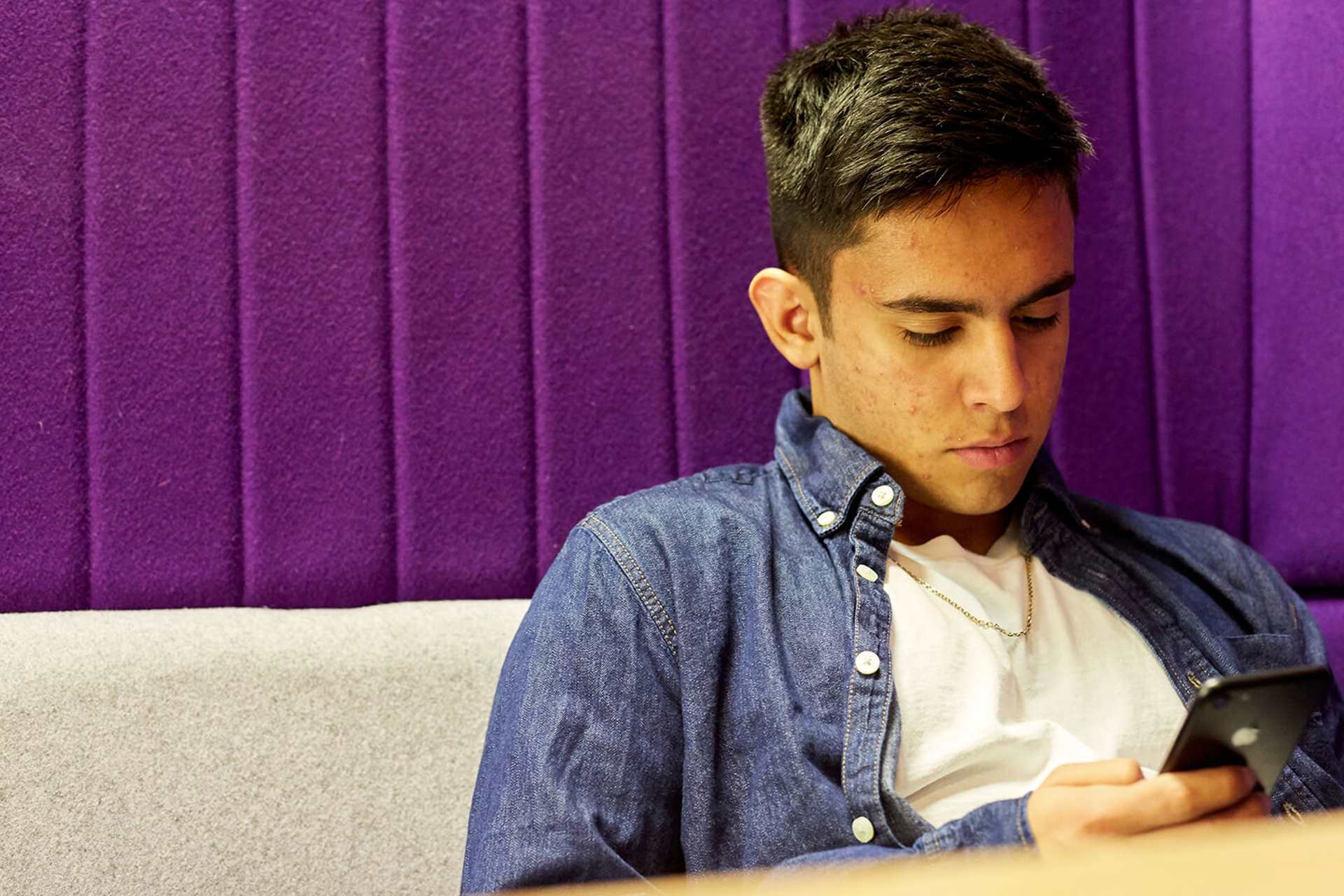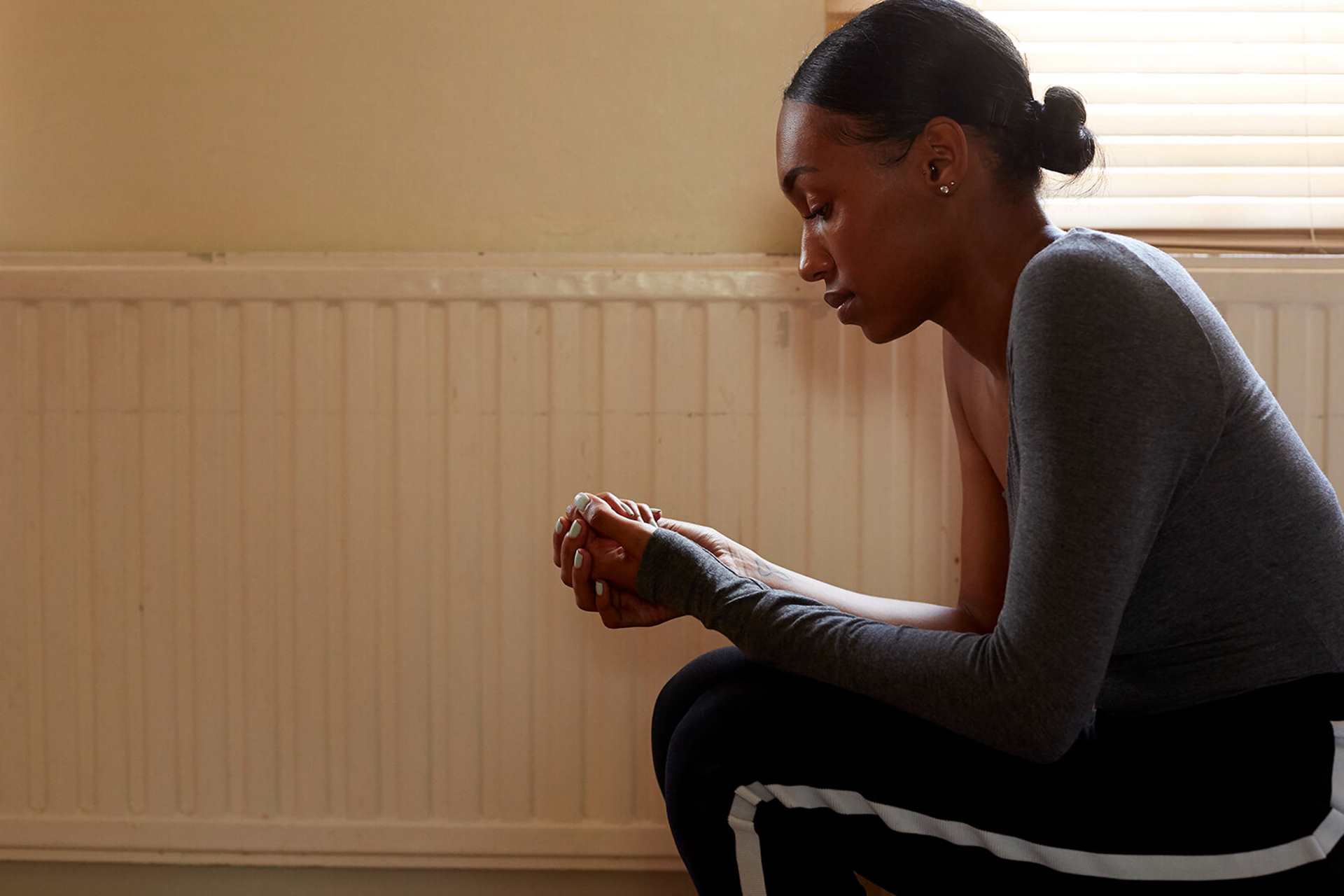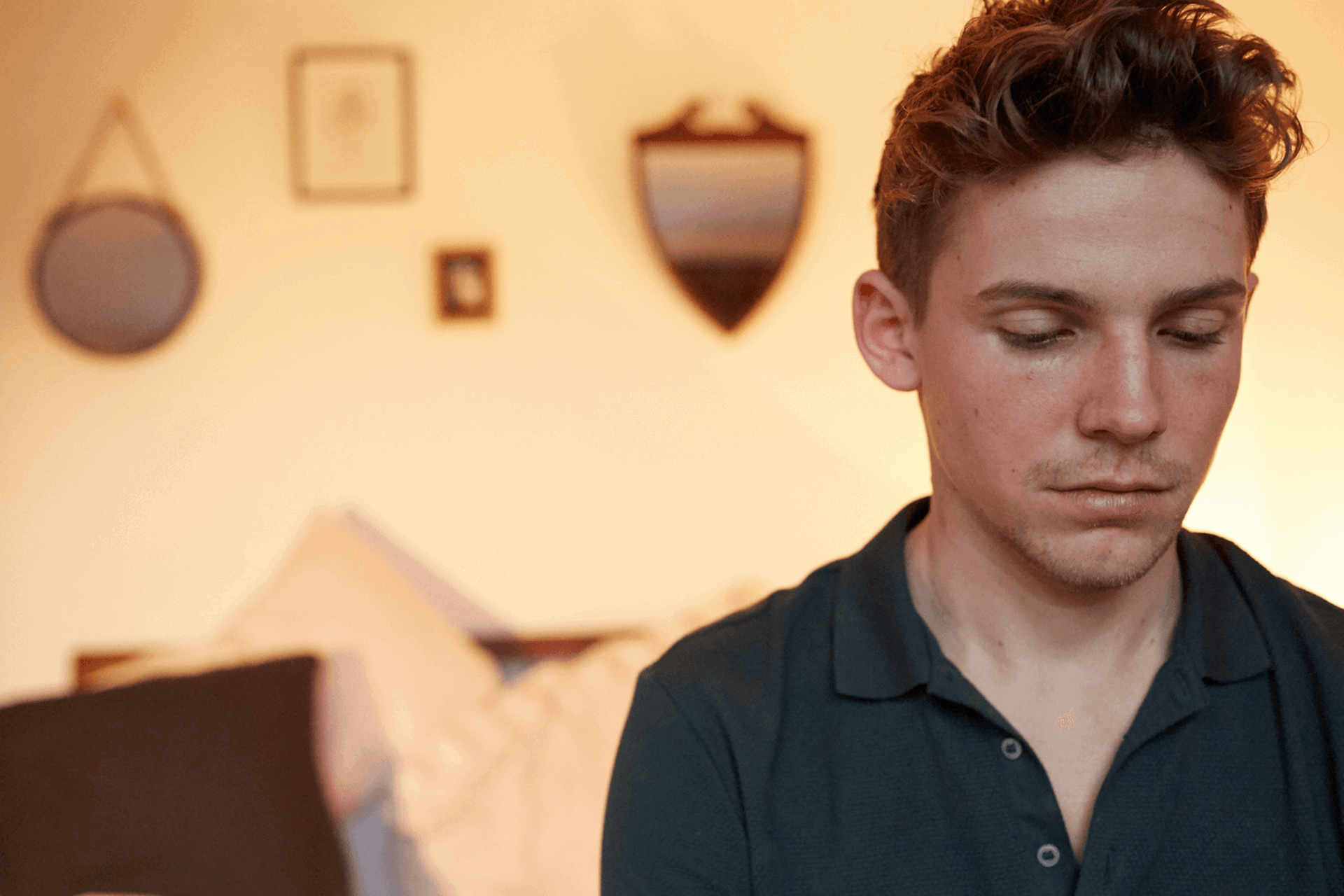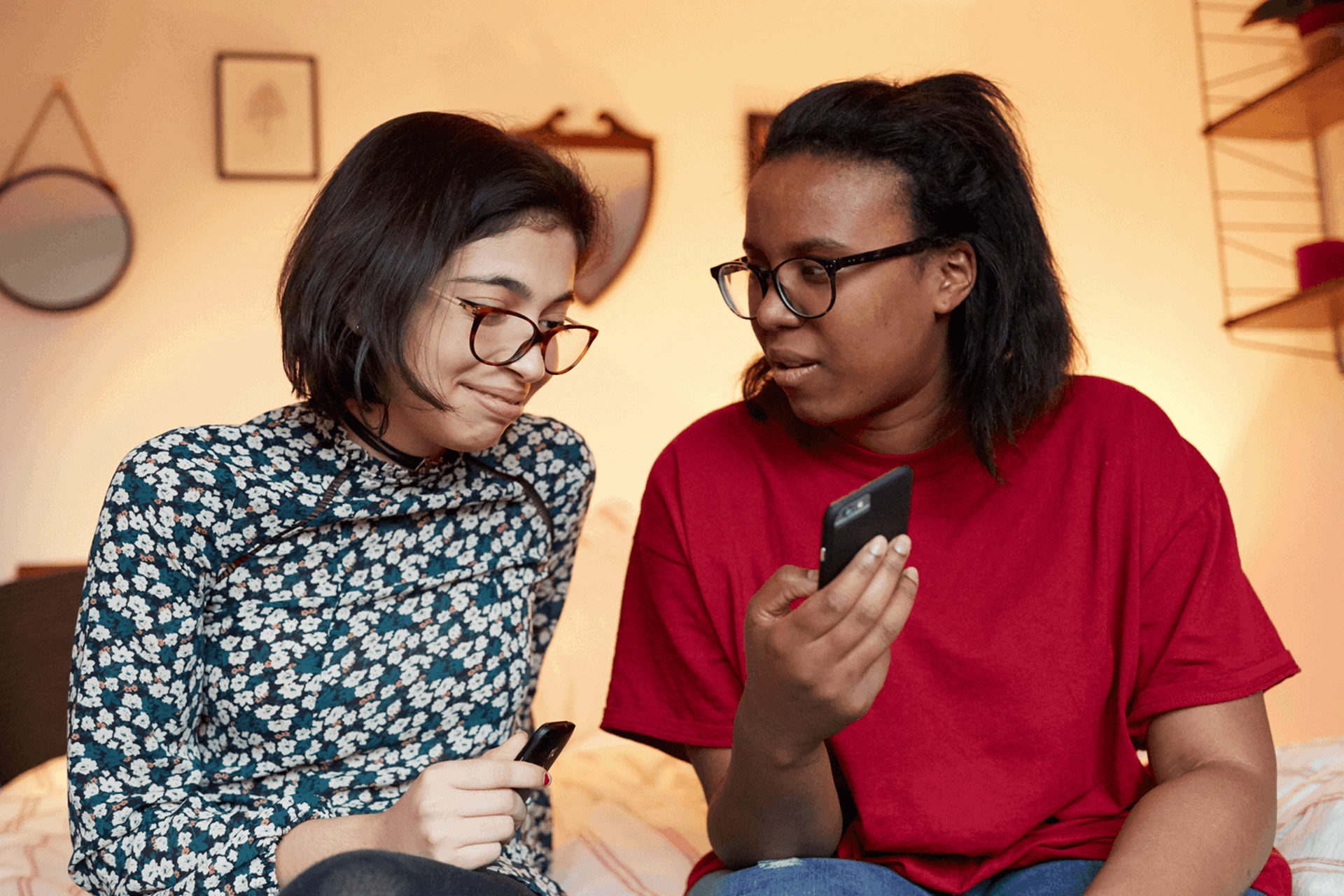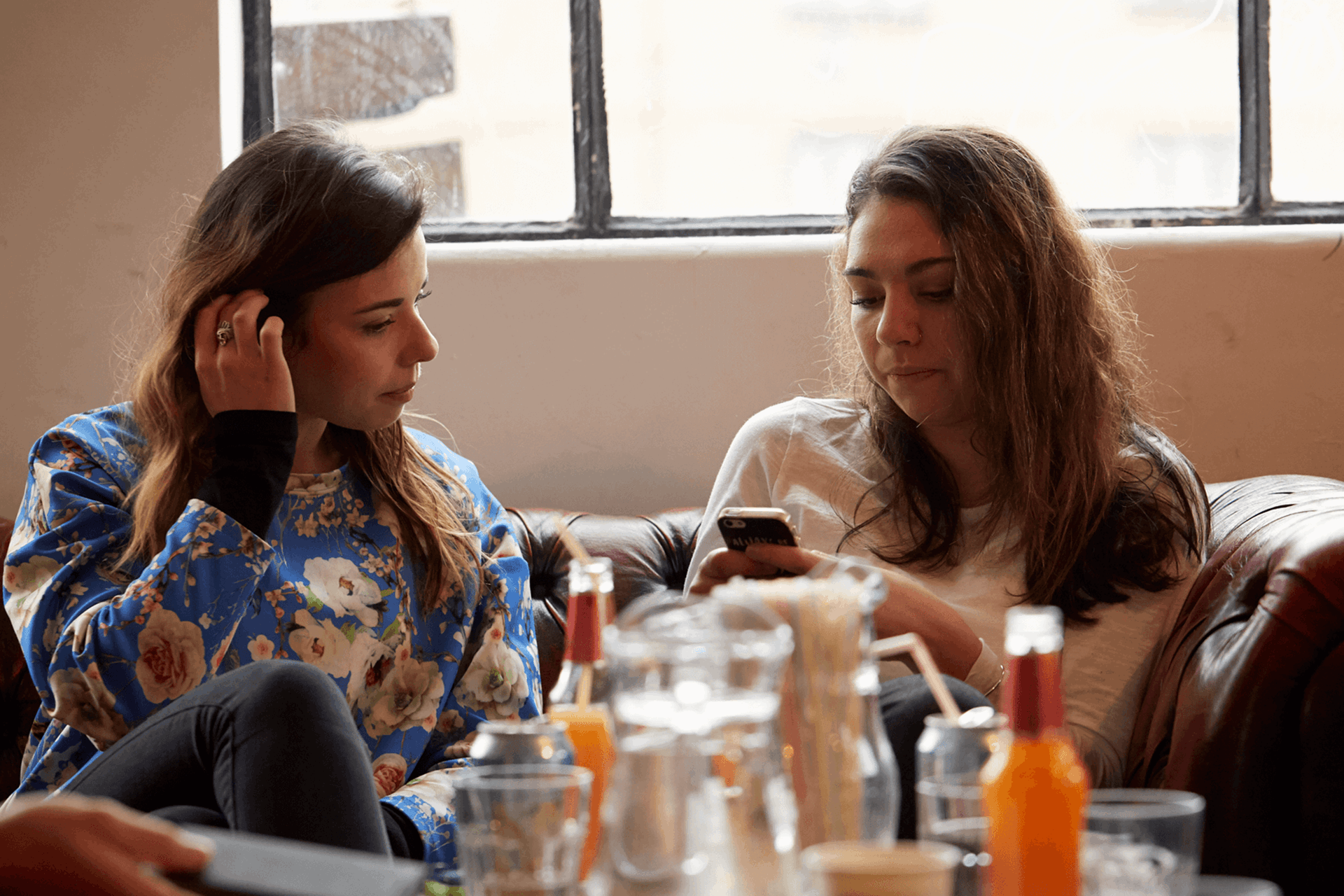Topics mentioned: social media and mental health
About: A lot of us may engage in unhealthy behaviours online, possibly without even realising it. Laura, 20, shares her tips on avoiding getting sucked into these behaviours.
These days, it seems that most people have some form of social media – Facebook, Instagram, Snapchat, TikTok (even I haven’t got the hang of this one yet)… the list goes on. Although using social media has its benefits, I feel as though a lot of people engage in unhealthy behaviours online without even knowing.
This is not something we tend to talk about. How can these behaviours be avoided?
Unfollow those you compare yourself to
I understand that this tip may seem a little drastic, but I do believe that this is the only way to truly stop comparing yourself to others online. If this is something you’ve been doing for a while, then it will be almost automatic for you to compare yourself to the individuals that you deem ‘perfect’.
I think the best way to stop doing this is to unfollow these accounts and fill your feed with accounts that make you feel good about yourself instead. After you’ve done this, your automatic response will begin to change, and you’ll begin to feel more positive when you scroll through your feed.
Everybody has down days, and everybody has bits of their life that they don’t wish to share with others online.
Realise that one photo doesn't tell the whole story
Just think about this for a second – when you post a photo on social media, do you tend to post when you’re having a rubbish day, or do you post when you feel as though you look your best? I think it’s more likely that you post a picture online when you feel good about yourself, and you post the highlights of your day.
Why do you look at a picture of somebody else and automatically assume that you know everything about their lives, and that everything for them must be perfect? I know it’s easier said than done, but when you realise that every single person tends to post the best bits of their day, the sooner you’ll be able to ditch this unhealthy behaviour and feel much happier about your own life.
Do not engage with online trolling
As previously mentioned, it is very easy to assume that you know somebody by what you see on social media, but this is rarely the case. Everybody has down days, and everybody has bits of their life that they don’t wish to share with others online. You can’t know what someone online is going through IRL, so even if they seem like they can handle negative comments, that may not be the case.

Trolling somebody online will not only have a negative impact on the person that you are trolling, but also on yourself as negativity will only trigger more negativity within you. It is not ‘cool’ to troll somebody on the internet – if you feel as though you are doing this then maybe think about why you feel the need to be negative towards somebody.
Take a step back. What are you feeling and what has caused it? Asking yourself these questions will hopefully help you identify the problem so you can start working on yourself.
Set aside time to scroll
Whenever I seem to have a free ten minutes, I will pick up my phone and scroll through social media as if it’s the local newspaper, but this is something that I am changing and that maybe you should aim to change too. The more you scroll aimlessly through your feed, the more time you are taking away from your actual life, leaving you with less time to do the things you love.
That’s why it may be helpful to purposefully set aside some time for scrolling. This should allow you to focus throughout the day on other things that you need to do as you’ll have already had your scrolling time for that day.
The online world can be a positive place, but when it starts to have a negative impact on your mental health then something needs to change.
I really hope that this post has helped you to recognise some unhealthy online behaviours that you may be engaging in, and now you feel as though you have some tips to manage these behaviours. The online world can be a positive place, but when it starts to have a negative impact on your mental health then something needs to change. Start making changes today – you can do it!
More information and advice
We have tips and advice to help you find the support you need. Take a look at our guides.
Where to get help
However you're feeling, there are people who can help you if you are struggling. Here are some services that can support you.
-
Childline
If you’re under 19 you can confidentially call, chat online or email about any problem big or small.
Sign up for a free Childline locker (real name or email address not needed) to use their free 1-2-1 counsellor chat and email support service.
Can provide a BSL interpreter if you are deaf or hearing-impaired.
Hosts online message boards where you can share your experiences, have fun and get support from other young people in similar situations.
- Opening times:
- 24/7
-
Youth Access
Provides information about local counselling and advice services for young people aged 11-25.
Put in your location and what you need help with into their 'Find help' search, and see what services are available in your area.
